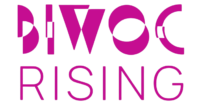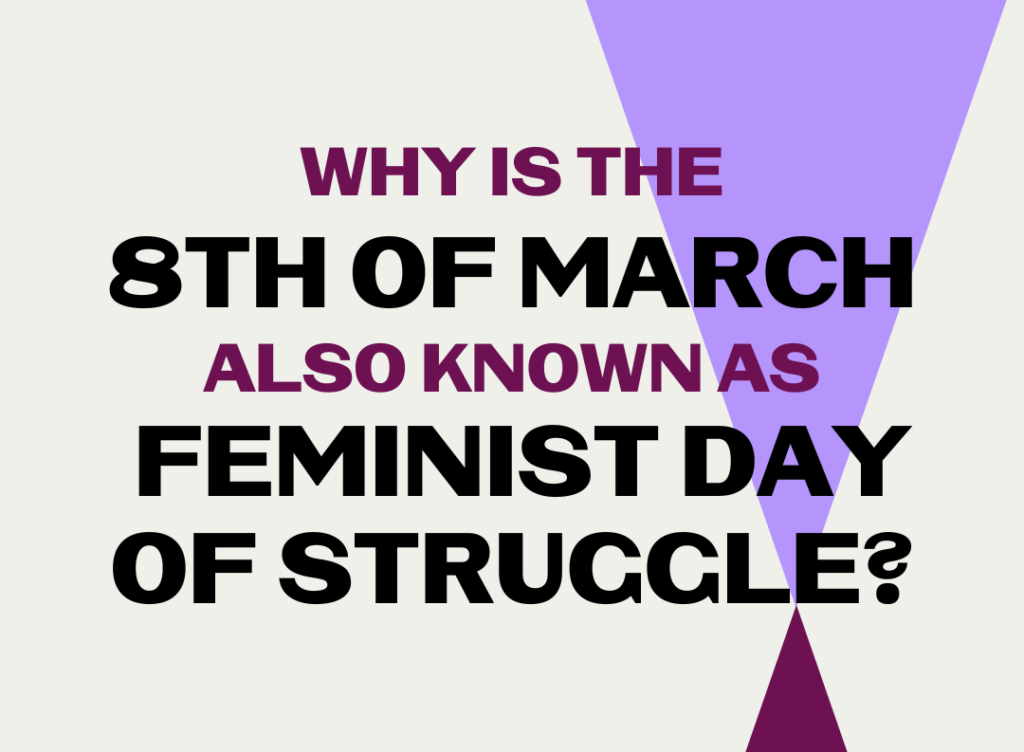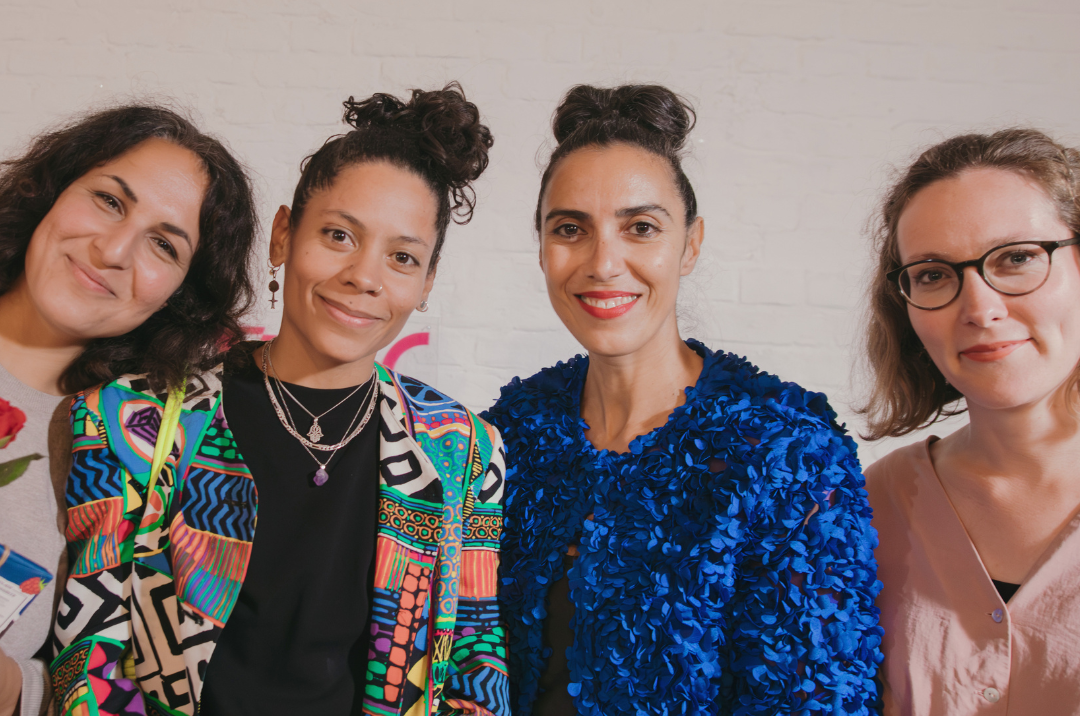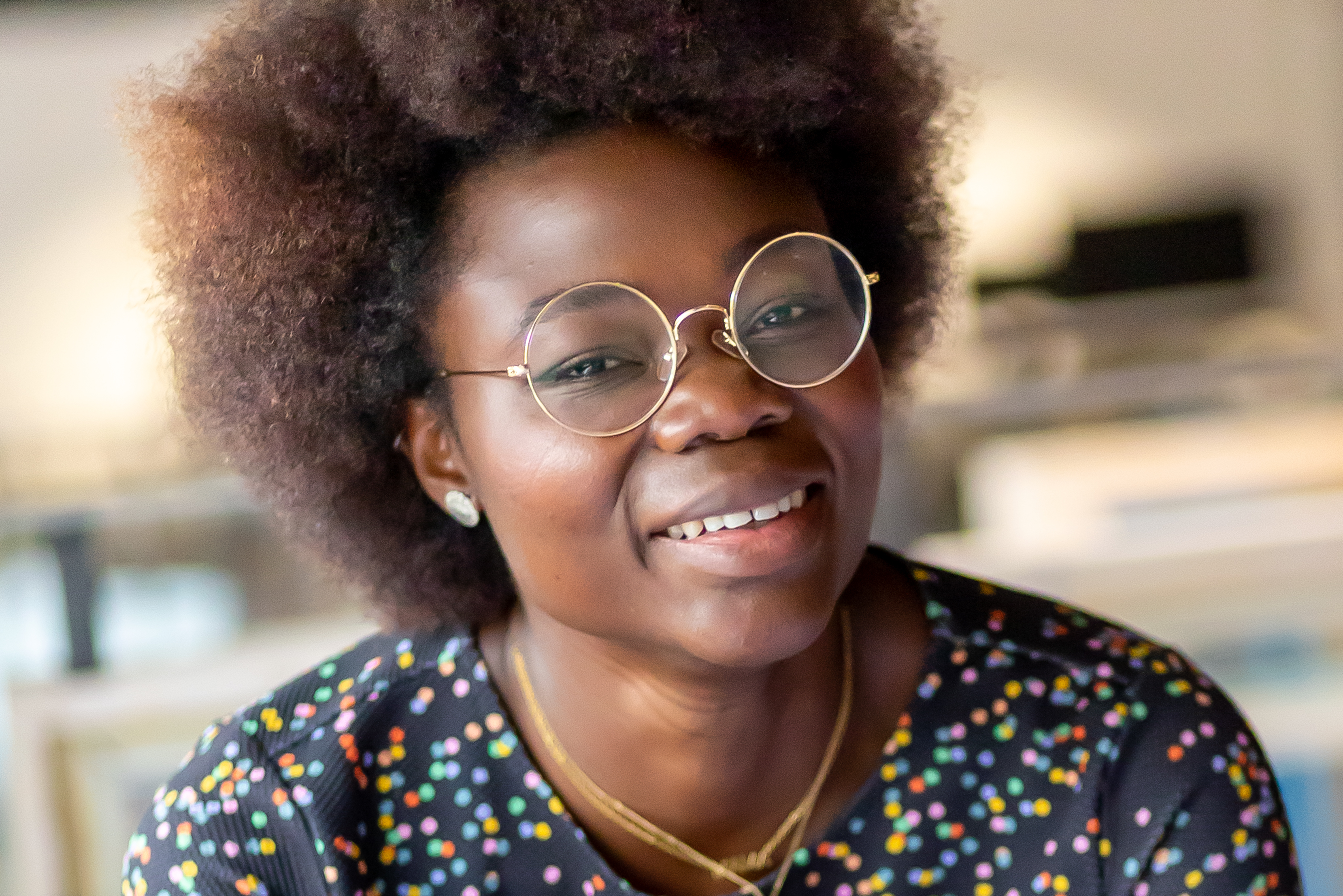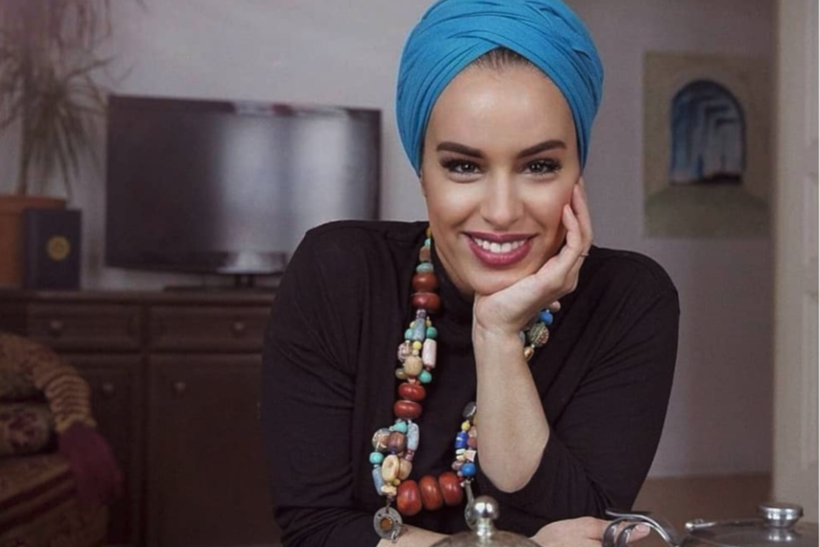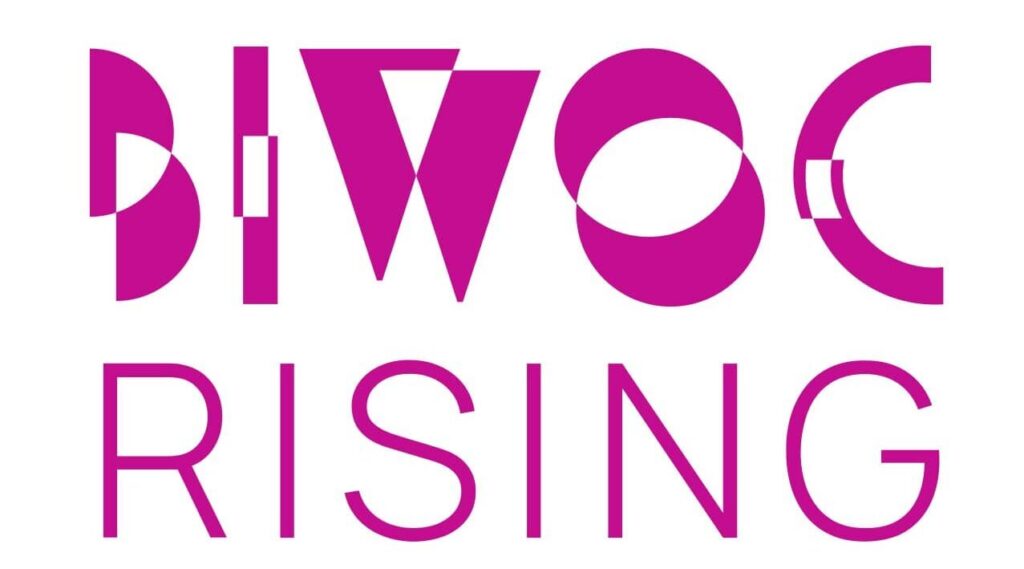March 8th is a reason to honor feminist achievements and at the same time continue to fight for the equality of all people and for a world free from oppression and domination.
What is the history of the feminist Day of Struggle?
The feminist Day of Struggle, initiated by Clara Zetkin, was intended to stand for women’s suffrage, political rights of women, and against capitalist exploitation. It is a history of the labor movement and its struggle against poverty, exploitation, and oppression, and for better working and living conditions, rooted in international socialist movements.
How is feminism co-opted today?
Feminism has been co-opted by corporations to serve as a marketing tool and promote marketable ideals such as autonomy and self-care. However, important feminist concerns such as systemic criticism and structural changes are often neglected. Companies use feminist slogans and images to sell products without supporting the profound social changes that are actually needed. This co-optation of feminism leads to critical discussions of gender equality and structural inequalities being pushed into the background, while superficial and simplified representations of feminism prevail.
Where are patriarchal structures anchored?
Patriarchal structures are anchored in institutions, the state, the economy, and the system. But also in „culture,“ internalized in thinking and behavior, and it determines how we interact with each other. Justice is only possible when both are fought against.
What does patriarchal „culture“ mean?
This refers to, for example, stereotypical gender roles, sexist patterns of thought and behavior, or the notion that there are only two genders. This is the „culture“ that provides fertile ground for discrimination, oppression, and unequal treatment and normalizes and justifies unequal treatment. Therefore, individual and societal rethinking must take place.
What does patriarchal „structure“ mean?
However, that alone is not enough. A world free from oppression, injustice, and domination can only come through a change in the system. Because the „culture“ of inequality is deeply embedded in societal structures, power relations, and hierarchies. Therefore, economic and political structures that benefit from injustice and inequalities must be dismantled.
What conclusions do we draw?
Only when „culture“ and „structure“ are changed equally can system-induced problems be eliminated. Changing the „culture“ of patriarchal or capitalist systems alone cannot achieve justice for all genders. Changes in the current system can only temporarily improve the situation for individuals. Real justice for all genders and the dissolution of all forms of oppression can only be achieved through a change in the system.
Why is it so difficult to bring about change?
Feminist demands are rarely taken into account, let alone implemented, in the institutions of the powerful. In addition, socio-economic position and gender-specific barriers (such as lower financial means, overburdening through care work, sexist discrimination and violence, etc.) make it difficult to be politically active, to have power and influence on politics and legislation, or to achieve fundamental systemic change.
How do we achieve our goals?
If power and influence are not present as means for societal change, they must be fought for. This is best done collectively – in the form of collective activism. Because individual action alone does not lead to systematic change. Therefore, social movements and forms of protest are the primary tools to enforce feminist interests. Examples include protests, community activism, or boycotts and strikes.
